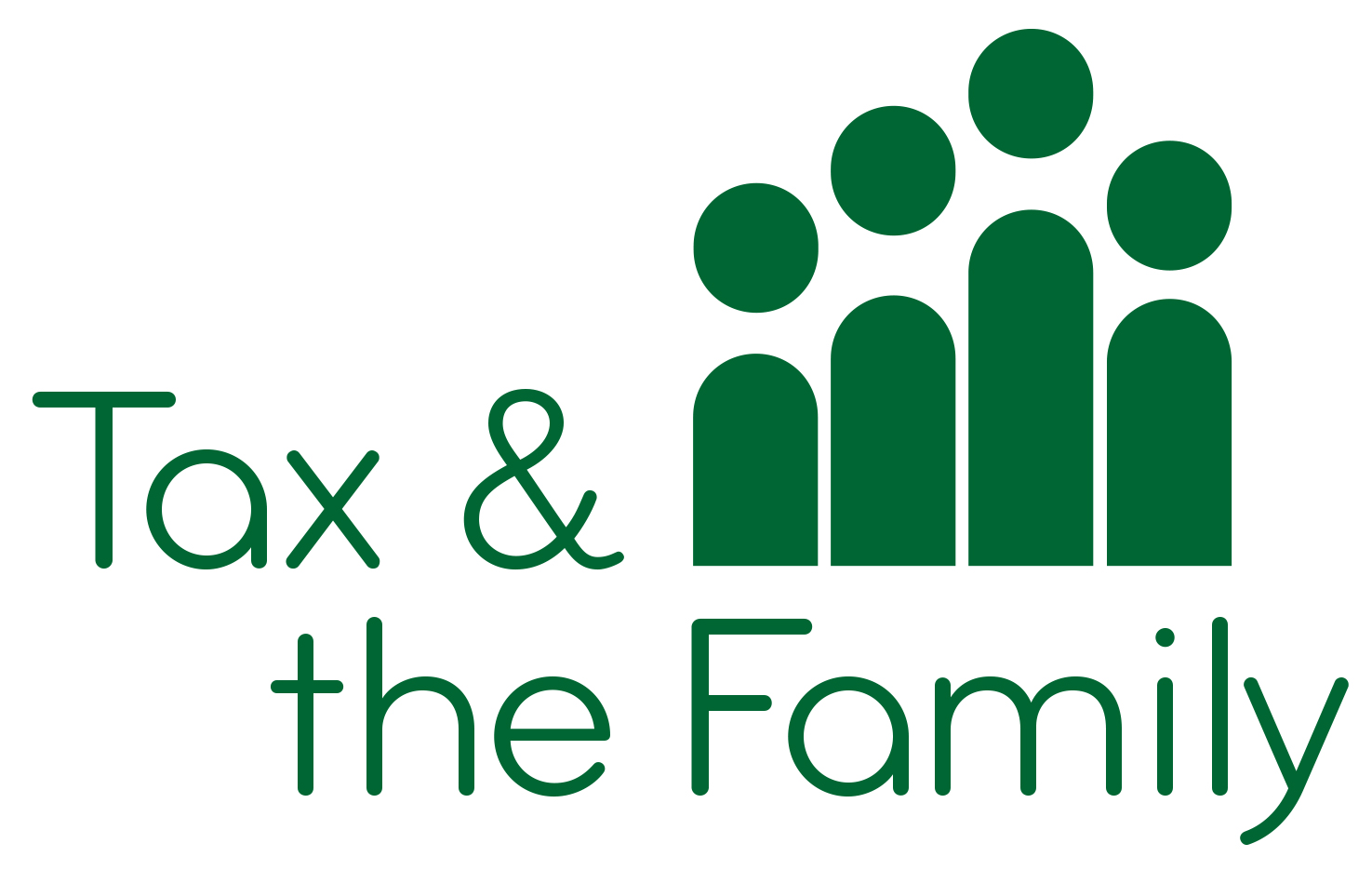Increase in minimum wage – who really benefits?
The Treasury gains most from the increase in the minimum wage in April 2022.
The minimum wage is to go up from £8.91 to £9.50 for an employee age 23 or over from April 2022. In addition, as previously announced, the rate of NICs is to go up from 12% to 13.25% for an employee and from 13.8% to 15.05% for an employer.
The overall impact of these changes is that for every employee on the minimum wage who works an additional hour, an employer will pay an additional 79p as a result of these changes. Of this 2p will benefit the employee, 9p the local authority, and 68p the Treasury.
The calculation is as follows:
Now April 2022
Minimum wage 8.91 9.50
Income tax @ 20% 1.78 1.90
Employees NICs @ 12%/13.25% 1.07 1.26
Net pay 6.06 6.34
Reduction in universal credit @ 63% 3.82 3.99
Net after UC 2.24 2.35
Loss of Council Tax Support 1.34 1.43
Net by employee after all deductions 90 92
Employers NICs @ 13.8%/15.05% 1.23 1.43
Net receipt by Treasury
Income tax, both NICs, reduction in UC 7.90 8.58
Cost to the employer
Minimum wage and employer’s NICs 10.14 10.93
The one thing the Chancellor will not be able to claim is that the increase in the minimum wage compensates families for the loss of Universal Credits. Someone working 30 hours a week at the minimum wage is likely to gain only £3. They will be £17 down.
The rate of Council Tax Support varies between authorities, but it is withdrawn typically at a rate of 15% or 20% of income as this increases.
We will be revising these figures to take account of the cut in the Universal Credit taper due to take effect in December.
